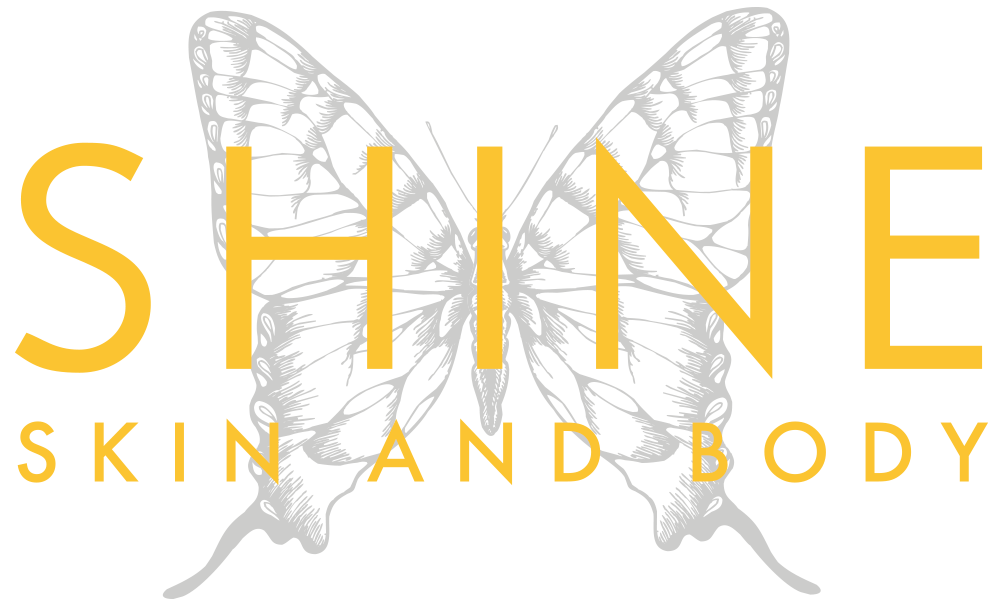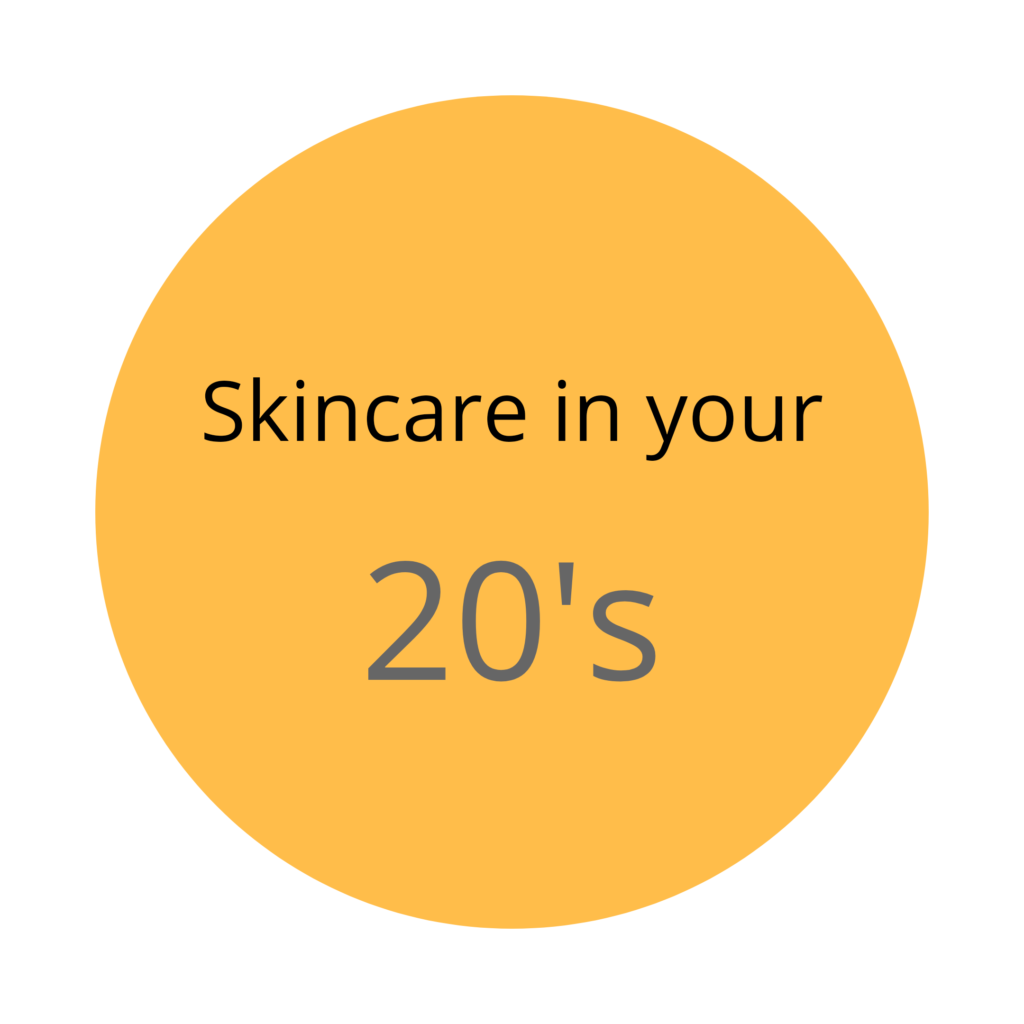anti-ageing, News, Skincare
Skincare in your 20’s
Your 20s are an exciting time for your skin, and it’s the perfect decade to start building a proactive skincare routine that will set you up for healthy, youthful skin in the future. While aging may seem far off, your skin is already beginning to undergo changes that will eventually show signs of aging if not cared for properly.
What Happens to Your Skin in Your 20s:
In your 20s, your skin is still producing collagen at a good rate, which helps keep it firm and plump. Collagen, the protein responsible for skin strength and elasticity, starts to gradually decrease after the age of 25. Though you may not see the effects immediately, laying the groundwork for maintaining collagen production is essential.
At this stage, your cell turnover is functioning optimally, with new skin cells regenerating every 21-28 days. This keeps your complexion bright and smooth. However, factors like sun exposure, pollution, and lifestyle choices can start to affect this process, slowing it down and causing dullness or early signs of aging if not addressed.
What You Might Notice in Your 20s:
Most people in their 20s still enjoy youthful skin, but this decade is when the first, subtle signs of aging can begin to appear, especially around the eyes. Fine lines from expressions, dehydration, and even minor sun damage may start to show, particularly for those who haven’t been diligent about sunscreen. You may also start to notice changes in skin texture or occasional dullness, which signals the need for a more tailored skincare routine.
Skincare Focus in Your 20s:
Being proactive now will help you maintain your youthful glow and delay the signs of aging. Here’s where to start:
-
Hydration: Keeping your skin hydrated is crucial, especially as external factors like pollution and sun can deplete moisture levels. Use lightweight moisturizers or serums with hyaluronic acid, which holds water in the skin and keeps it plump and glowing.
-
Sunscreen: Daily sunscreen is non-negotiable! Even if you don’t notice immediate sun damage, unprotected exposure to UV rays causes 90% of premature aging. Using SPF every day, rain or shine, will protect your skin from future wrinkles, pigmentation, and collagen loss.
-
Antioxidants: Incorporate antioxidant-rich products, like those with Vitamin A, B, C, into your routine to protect your skin from free radicals and environmental stressors, which can accelerate aging.
-
Regular Facials & Home Care: Consistency is key in your 20s. Getting facials regularly—ideally once a month—helps to deeply cleanse, hydrate, and revitalize your skin. It also gives a skincare professional a chance to spot any issues early on and offer tailored advice. At home, stick to a simple but effective routine that includes cleansing, moisturizing, and sun protection, with exfoliation once or twice a week to maintain smooth, glowing skin.
Advanced Treatments to Consider:
While your skin may not need intensive treatments yet, starting with gentle professional treatments can offer long-term benefits.
-
Layered Peels: These are gentle chemical peels designed to exfoliate the outer layer of skin, revealing fresher, more radiant skin underneath. Peels can also boost cell turnover and smooth fine lines, while addressing early signs of sun damage. Because they work in layers, they can be customized to your skin’s needs without being too aggressive.
-
SQT Bio-Needling: A non-invasive treatment that uses tiny needles to stimulate collagen production and allow nutrient-rich serums to penetrate the skin more effectively. It’s a fantastic preventative measure, helping to keep your skin firm and glowing by maintaining healthy collagen levels and speeding up cell regeneration.
Both treatments promote better skin texture, increased radiance, and can help slow the signs of aging. Starting these types of treatments early ensures that your skin remains in top shape throughout your 20s and beyond.
By being consistent with your skincare, home care, and in-salon treatments, you’re actively preventing early signs of aging and giving your skin the tools it needs to stay youthful.


